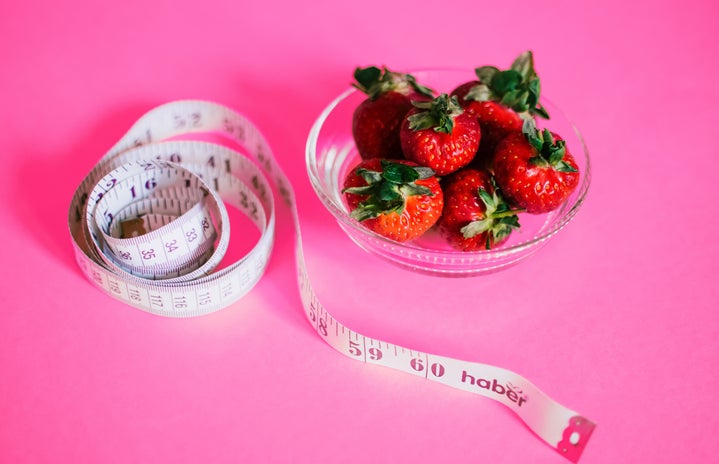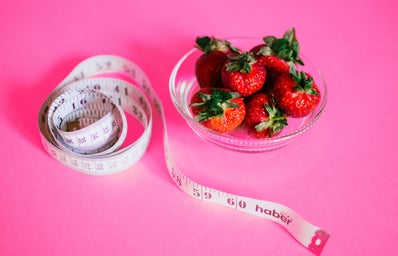We’ve all heard of different dieting techniques over the year: paleo, keto, gluten free, dairy free, vegan, intermittent fasting, etc. For some people, these diets really work – some of my friends swear that going vegan has helped them lose weight or going dairy free has cleared their skin, but other diets, in my opinion, are honestly a waste of time.
I have experience with these diets myself – I was diagnosed with type one diabetes at age 14, and later diagnosed with celiac disease a week before my 15th birthday as a complication of the diabetes. For those who don’t know, type one diabetics can’t produce their own insulin, and celiac disease means I cannot eat gluten because my digestive system can’t process the enzyme. Now, I’m strictly gluten free – along with an allergy to cashews that I still can’t really explain – and it’s done wonders for my health. I’m no longer doubling over in pain after eating pasta, my hair isn’t falling out, and my body can actually process and absorb nutrients for the food I eat. However, being diabetic and gluten-free means that I hear a lot of nonsense about my diet from intrusive people trying to know my ‘secret’ to losing weight.
Being gluten-free does not mean you will lose weight, full stop. When I first cut out gluten from my diet, I did discover that there weren’t many options for me in terms of carbohydrates such as pasta and bread, and I tended to not eat those carbs because they just didn’t taste as good as the regular options. However, now there are just as many options for food sans gluten as there are with gluten, so my diet is actually really similar to a normal person’s. People think that going gluten-free means a sudden drop in your weight, but that isn’t the case – you’re able to eat just as many carbs and calories as someone that isn’t gluten free. Plus, gluten-free options can be more expensive, more calorie and fat dense, and less filling than some non gluten free options.
Another thing I get asked is if I’m on a keto diet. To put this in simple terms, that would be really unhealthy for me. Being keto means you aren’t eating carbs, which means your body is forced to burn fat as energy instead of glucose from the carbs you should be eating. Burning fat as energy produces ketones, and induces ketoacidosis. For type one diabetics like me, ketoacidosis is what can put me in a coma and have me in the emergency room. So no, I’m not on a keto diet – but this makes me wonder, why is anyone on that diet? Objectively, putting your body in a state of ketoacidosis isn’t healthy. It’s never fun for me when I have ketones, so why would anyone willingly do that to their body?
I honestly don’t know why someone would put themselves through these extreme diet changes if they didn’t have to; believe me, I would rather eat gluten all the time and be able to get pizza with my friends than have to say no because there aren’t any gluten free options for me. Eating carbs is much more fun and healthy than not eating carbs, and having ketones is a miserable state of existence. Why put strain on yourself and your body if it’s not medically necessary? The key to any weight loss plan is having a healthy balance of diet and exercise, and while these balances can look different for everyone, my opinion is that you shouldn’t force yourself into a sucky diet if you don’t have to. Eat that bread full of gluten in my honor since I can’t anymore and enjoy those carbs!



